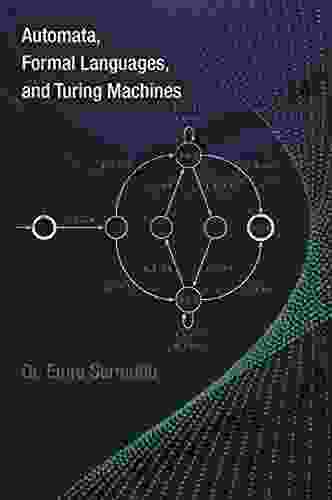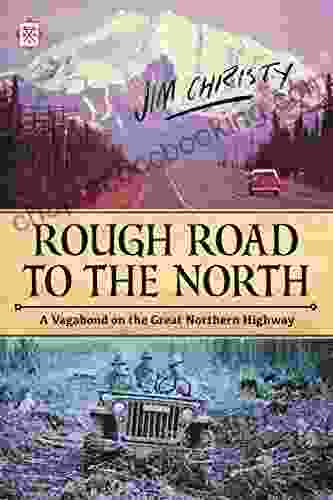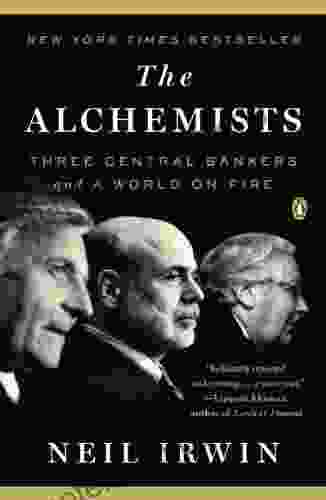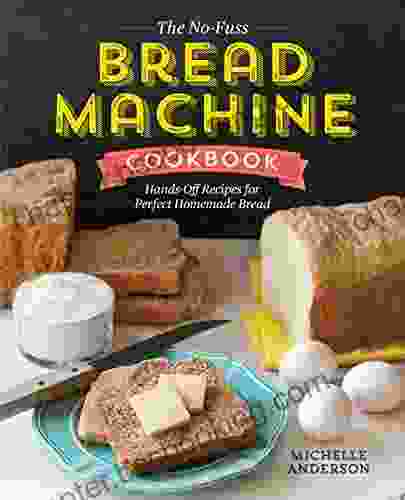Automata, Formal Languages, and Turing Machines: A Comprehensive Guide

Automata, formal languages, and Turing machines are fundamental concepts in theoretical computer science. They provide a framework for understanding the nature of computation and the limits of what can be computed. This guide will explore these concepts in depth, providing a comprehensive to the theoretical foundations of computer science.
Automata are abstract machines that can be used to model a variety of computational tasks. They consist of a finite set of states, a set of input symbols, a set of output symbols, a transition function, and a start state. The transition function determines how the automaton moves from one state to another based on the input symbols it reads.
There are many different types of automata, each with its own unique capabilities. Some of the most common types of automata include:
5 out of 5
| Language | : | English |
| File size | : | 4130 KB |
| Screen Reader | : | Supported |
| Print length | : | 348 pages |
| Lending | : | Enabled |
- Finite-state automata (FSA) are the simplest type of automata. They can only recognize regular languages, which are languages that can be described using regular expressions.
- Pushdown automata (PDA) are more powerful than FSAs. They can recognize context-free languages, which are languages that can be described using context-free grammars.
- Turing machines are the most powerful type of automata. They can recognize any language that can be defined by a Turing machine.
Formal languages are sets of strings that can be generated by a grammar. A grammar is a set of rules that define how to combine symbols to form strings. The simplest type of grammar is a regular grammar, which can generate regular languages. More powerful types of grammars include context-free grammars and context-sensitive grammars.
Formal languages are used in a variety of applications, including:
- Natural language processing
- Compiler design
- Database theory
- Artificial intelligence
Turing machines are abstract machines that can be used to compute any computable function. They consist of a tape divided into cells, a read/write head, and a program. The program is a set of instructions that tell the machine how to move the read/write head, read and write symbols to the tape, and change its state.
Turing machines are important because they provide a theoretical model of computation. They have been used to show that there are some problems that cannot be solved by any computer.
Automata, formal languages, and Turing machines are used in a variety of applications, including:
- Compiler design
- Operating systems
- Databases
- Artificial intelligence
- Cryptography
These concepts are essential for understanding the theoretical foundations of computer science and for developing new computational tools and techniques.
Automata, formal languages, and Turing machines are fundamental concepts in theoretical computer science. They provide a framework for understanding the nature of computation and the limits of what can be computed. This guide has provided a comprehensive to these concepts, exploring their theoretical foundations and applications.
5 out of 5
| Language | : | English |
| File size | : | 4130 KB |
| Screen Reader | : | Supported |
| Print length | : | 348 pages |
| Lending | : | Enabled |
Do you want to contribute by writing guest posts on this blog?
Please contact us and send us a resume of previous articles that you have written.
 Book
Book Novel
Novel Page
Page Chapter
Chapter Text
Text Story
Story Genre
Genre Reader
Reader Library
Library Paperback
Paperback E-book
E-book Magazine
Magazine Newspaper
Newspaper Paragraph
Paragraph Sentence
Sentence Bookmark
Bookmark Shelf
Shelf Glossary
Glossary Bibliography
Bibliography Foreword
Foreword Preface
Preface Synopsis
Synopsis Annotation
Annotation Footnote
Footnote Manuscript
Manuscript Scroll
Scroll Codex
Codex Tome
Tome Bestseller
Bestseller Classics
Classics Library card
Library card Narrative
Narrative Biography
Biography Autobiography
Autobiography Memoir
Memoir Reference
Reference Encyclopedia
Encyclopedia Mindfulness Training
Mindfulness Training Nicholas Oldland
Nicholas Oldland Stuart Kauffman
Stuart Kauffman Scott Mcdowell
Scott Mcdowell Neal D Barnard
Neal D Barnard Thomas Lockhaven
Thomas Lockhaven Miguel Grinberg
Miguel Grinberg Monica Russel
Monica Russel Nick Heil
Nick Heil Sofi Thanhauser
Sofi Thanhauser Meryle Secrest
Meryle Secrest Michael Fazio
Michael Fazio Peter Aitken
Peter Aitken Tina Smith
Tina Smith Ruben Garcia
Ruben Garcia Nick Jones
Nick Jones Nicholas Townsend Smith
Nicholas Townsend Smith Shannon Greenland
Shannon Greenland Tasha Dunn
Tasha Dunn Meredith Russo
Meredith Russo
Light bulbAdvertise smarter! Our strategic ad space ensures maximum exposure. Reserve your spot today!
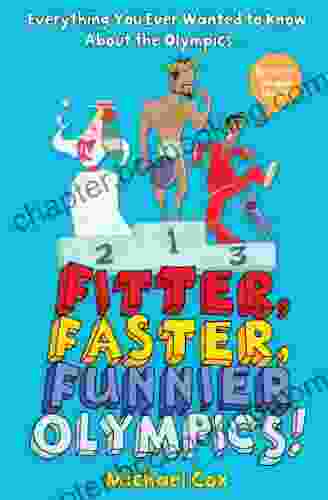
 Gabriel BlairEverything You Ever Wanted To Know About The Olympics But Were Afraid To Ask
Gabriel BlairEverything You Ever Wanted To Know About The Olympics But Were Afraid To Ask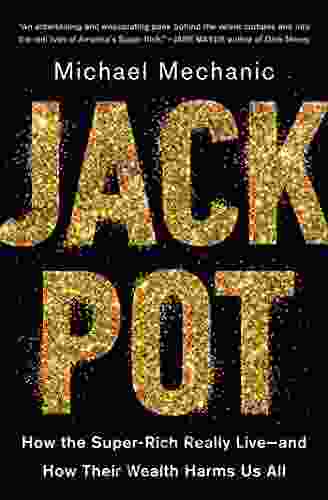
 Chase SimmonsUnveiling the Secrets of the Super Rich: How Their Wealth Exposes Systemic...
Chase SimmonsUnveiling the Secrets of the Super Rich: How Their Wealth Exposes Systemic... Harvey HughesFollow ·12.6k
Harvey HughesFollow ·12.6k Terry BellFollow ·4.9k
Terry BellFollow ·4.9k Carson BlairFollow ·15.6k
Carson BlairFollow ·15.6k Wesley ReedFollow ·14.5k
Wesley ReedFollow ·14.5k Warren BellFollow ·6.1k
Warren BellFollow ·6.1k Fyodor DostoevskyFollow ·15.9k
Fyodor DostoevskyFollow ·15.9k Alex ReedFollow ·8.7k
Alex ReedFollow ·8.7k Jarrett BlairFollow ·11.6k
Jarrett BlairFollow ·11.6k
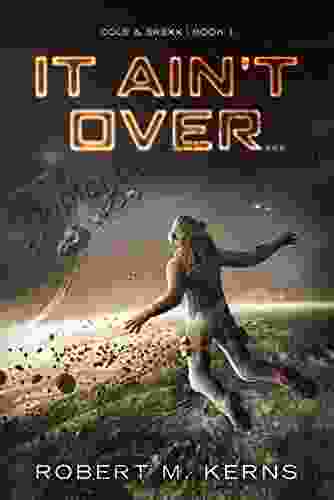
 Trevor Bell
Trevor BellUncover the Thrilling Mystery in "It Ain't Over, Cole...
Prepare yourself...
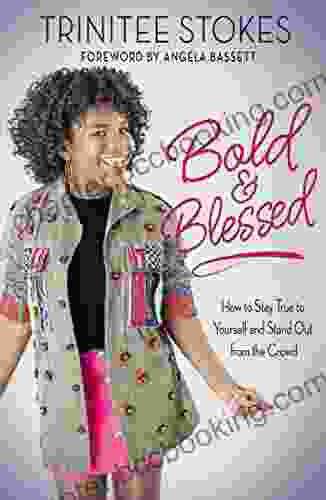
 Garrett Bell
Garrett BellHow to Stay True to Yourself and Stand Out From the Crowd
In a world that...
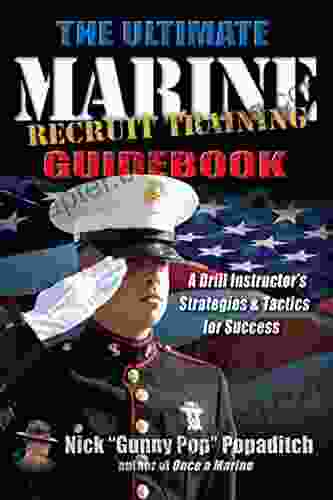
 Dennis Hayes
Dennis HayesDrill Instructor Strategies And Tactics For Success
Unleash Your Inner Warrior and Conquer...

 Guy Powell
Guy Powell101 Awesome Women Who Changed Our World: A Celebration of...
Throughout history,...
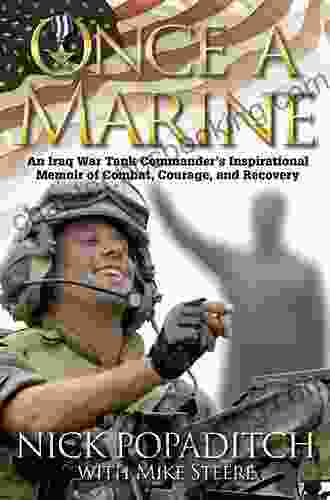
 Ashton Reed
Ashton ReedAn Iraq War Tank Commander's Inspirational Memoir of...
When he was just 19 years old, John Q....
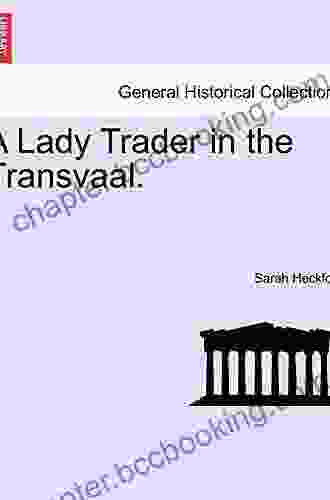
 Dean Cox
Dean CoxLady Trader in the Transvaal: A Literary Safari through a...
Prologue: A Journey into the...
5 out of 5
| Language | : | English |
| File size | : | 4130 KB |
| Screen Reader | : | Supported |
| Print length | : | 348 pages |
| Lending | : | Enabled |


